A black body will always be a political statement because my ancestors came here on ships as cargo, assets of economic gain, fodder for political games
So our bodies will always be political and this includes our hair
The fact that hair braiding is often seen as a form of cultural appropriation when it is a style brandished by white-skinned American people with hair types typical of white-skinned American people has a lot to do with white privilege and the oppression of brown people.
Corn rows, the style of braiding most often central to this discussion, is especially viewed as problematic in this regard because of its rich history and significance for black people and African-American, black islander history.
Maybe, let’s start there
Brown-skinned people here are often black, African-American or Islanders. Race refers to color and other phenotypical features. I am black. I am not African-American because I don’t know where I come from but my ancestors must be African because of the hue of my skin and form of my face. African refers to a continent, not a nationality. African culture consists of at least 54 different cultures.
Corn rows, the hairstyle, comes from one of them.
And I wonder who clung to their own body like a shield on that ship and to be damned if they aint choose to love themselves this way.
The style originates in Africa and was likely brought to the States from the Caribbean and/or via the slave trade. Slavery made it excessively difficult for black people to take care of their hair so throughout the expansion of slavery, the legal end to slavery, and the decades following the diaspora (with segregation, Jim Crowe culture and politics, and the civil rights journey to progress brown people in society), black people had to get creative about how to protect their hair with such limited resources and the erasure of self-care (this would be true for the whole race but especially for the black women who might stand to lose a lot by cutting their hair).
And I wonder when black women were given permission to be magic…
Before or after each tragedy?
Cornrows are and were designed to protect black hair and allow damaged thick, course hair to heal.
White people have never had to grapple with any of that history. There is a story of struggle and pain in this style of hair. There is tradition and reclaimed power.
This isn’t just another option that you can try on YouTube it's a part of a cultural identity. It's not about hate or censorship.
It's about how taking this piece of someone's identity for aesthetic merit and not respecting where it comes from, regardless of your race is wrong.
Many black people confront white people most often about it because white people for the most part caused much of the distress and pain that popularized it amongst black people in the first place. White people made it difficult for black people to care for their hair and use healthy hair products.
And shamed them for it and stigmatized black hair styles like cornrows for decades, calling this unprofessional, unladylike, ghetto.
And this is what they told us we are
Inside
That hope doesn’t exist for a woman with this skin
White people have set forth beauty standards and requirements for years in most industries, in workplaces, in romance, and in societal ideologies that establish straight thin hair as perfection.
As if these white people needed another privilege from birth, on account of their naturally straight, thin, silky hair but it further buries black hair and especially cornrows as a hairstyle into stereotypes and negative perceptions.
On top of all this, still today white people have the privilege of not carrying all of this cultural weight and they have the privilege to not have to learn this history if they choose not to
So when they decide they want cornrows in their hair it is viewed as another abuse of power and privilege because, especially still being the majority of the nation, they can take what they want without consequence and decide for themselves if it they will support it or oppress it, even though culturally and socially it does not belong to them.
My hair is a physical extension of generational trauma
A test of resilience and love and faith
My hair is mess of loneliness, abuse, and untold stories
It is dedication and hard work and the overflow of bloodlines crossing again and again
It wild and kinky and out, it will not be perfectly neat, taking weeds and making beauty
I’ll take each knot, and curl, and braid
I’ll carefully weave our stories, tell my children why the brush of a comb echoes with a scream
Why the girls at school are so mean
Why entertainment news is so confused about beauty
I will tell them they are beautiful
I will tell them they are blessed
I will tell them this is theirs
This is theirs
It does not belong to you

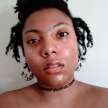
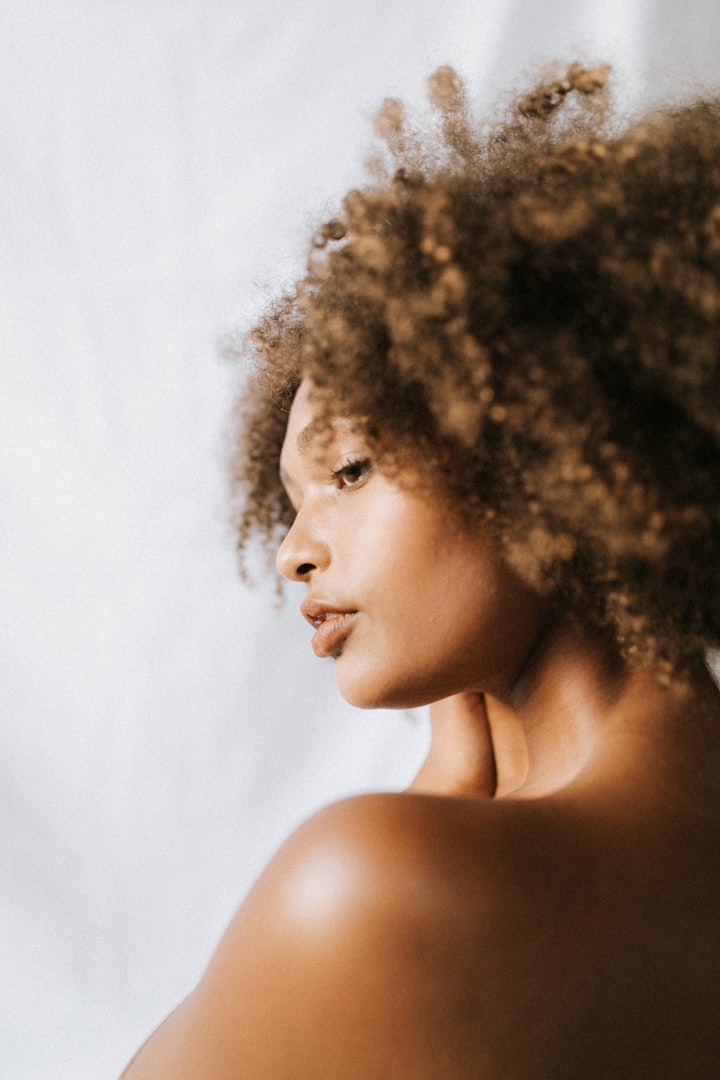
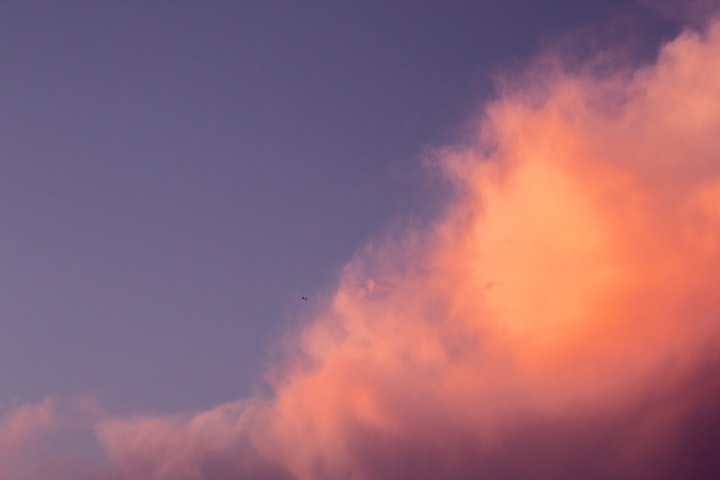
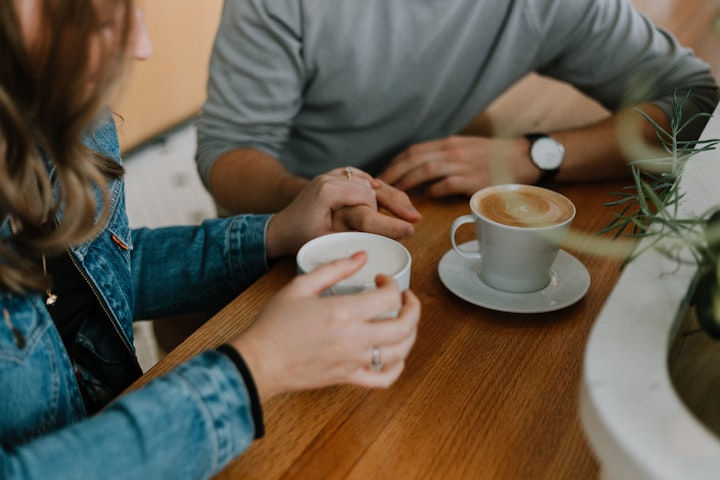
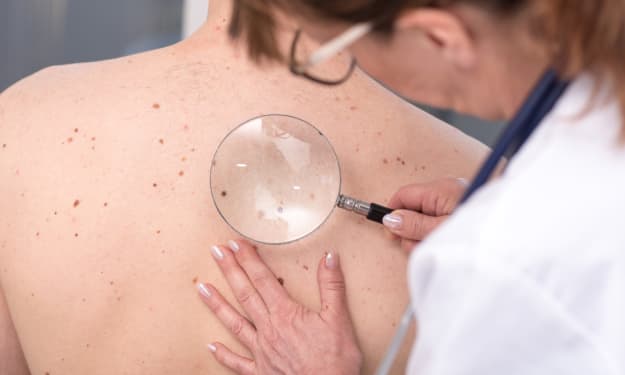

Comments
There are no comments for this story
Be the first to respond and start the conversation.